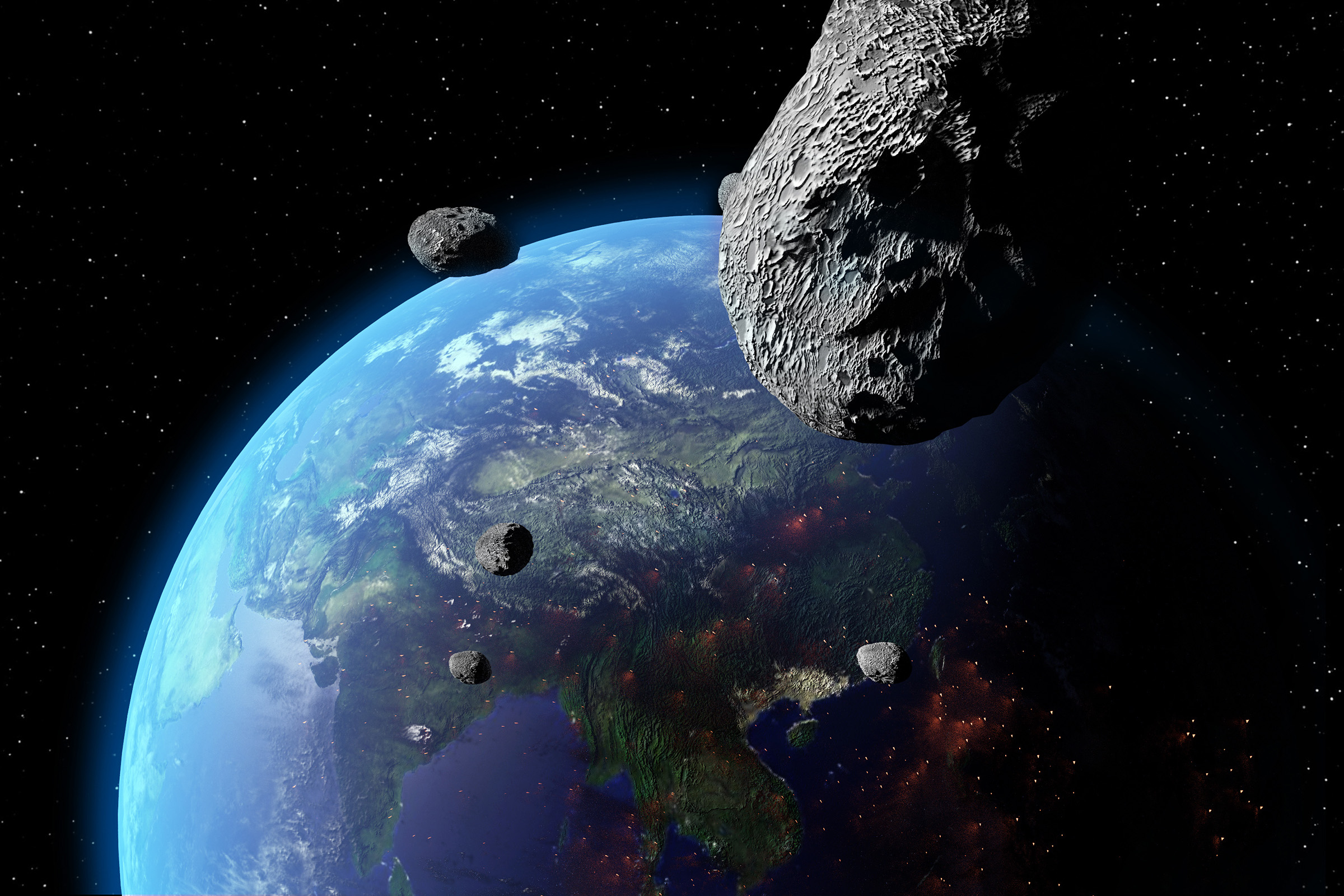Following NASA’s D.A.R.T. mission revelation that asteroid paths could be changed based on collisions, scientists went back to the drawing board to further confirm that Earth will be safe from a collision with the giant asteroid Apophis when it passes close to us in 2029.
Scientists have already said multiple times that the chances of the asteroid slamming into Earth were extremely slim. And we’ve even had full-on confirmation that the orbit won’t cross paths directly with Earth, making us perfectly safe. But what those confirmations didn’t take into account was whether or not Apophis would collide with other asteroids along the way.
Obviously, if the giant asteroid Apophis were to collide with something else on its way to Earth, its path could change, or a field of debris could indeed hit the planet. To see if that was something we had to worry about, a couple of astronomers took a look at the 1.3 million known asteroids in the inner solar system.

From there, they looked at the possibility of any of those asteroids coming into contact with Apophis. They found that there was no risk of collision with any known asteroids in the inner solar system. That means the chances of us having to worry about the asteroid being deflected and any kind of debris field hitting Earth are almost nonexistent.
Of course, these simulations don’t quite account for any unknown asteroids out there. And astronomers will no doubt continue to keep a close eye on the path the giant asteroid Apophis is following. But, at least for now, we can rest easy knowing that Apophis won’t slam into Earth when it passes by us again in 2029.
These new findings have been accepted into the Planetary Science Journal and are already available on the preprint server arXiv for those who want to learn more.








